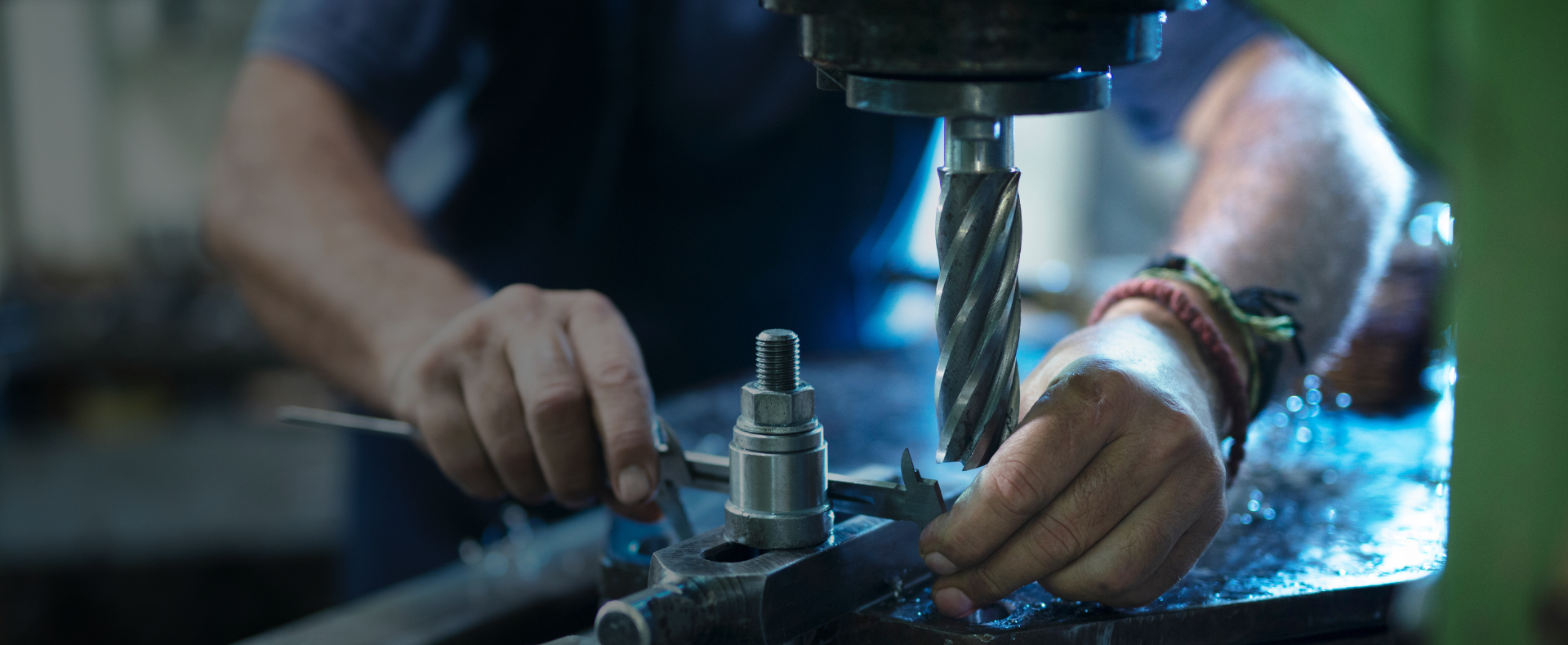Top 5 Materials for CNC Machining and How to Choose the Right One
When precision is essential, selecting the right material is crucial. At Gaja Engineering, we provide not only top-tier CNC machining but also guidance in choosing the best material to ensure durability, performance, and cost-effectiveness.
Whether you’re creating industrial components or high-tolerance prototypes, the right CNC machining material is vital. Here’s a guide to the top five materials used in CNC machining, along with expert tips to help you select the most suitable option for your project.
Top 5 CNC Machining Materials
Aluminium
A widely favored choice in CNC machining, aluminium is lightweight, corrosion-resistant, and easy to work with.
- Ideal for aerospace, automotive, and electronics applications
- Excellent strength-to-weight ratio
- Quick turnaround for milled parts
Mild Steel
For projects that require strength and structural integrity, mild steel is a cost-effective option.
- Strong and durable
- Easily welded and machined
- Suitable for frames, brackets, and base components
Stainless Steel
With high resistance to rust and chemicals, stainless steel excels in harsh environments.
- Outstanding corrosion resistance
- High tensile strength
- Ideal for food-grade, medical, and marine applications
Brass
A favorite among machinists, brass offers a smooth finish and excellent thermal conductivity.
- Great for fittings, valves, and decorative elements
- Non-sparking and corrosion-resistant
- Minimal tool wear during machining
Engineering Plastics (Nylon, Delrin, PEEK)
When weight reduction and chemical resistance are priorities, engineering plastics can outperform metals.
- Lightweight and low-friction
- Electrically insulating and non-corrosive
- Commonly used in bushings, seals, insulators, and medical devices
Need assistance with your decision?
Our engineers are available to help based on your specifications and application.
Why Gaja Engineering?
With our comprehensive services and modern workshop in Victoria, we manage everything from prototyping to large-scale fabrication. Whether you need one-off parts or full assemblies, we ensure precision and reliability in all our services:
Our Core Services Include:
- CNC Machining (2-axis to 4-axis capability)
- Hydraulic Cylinder Repairs & Servicing
- Hard Chrome Plating for Wear-Resistant Coatings
- Custom Welding & Civil Steel Fabrication
- Mechanical Maintenance & Prototyping Support
We cater to industries including mining, infrastructure, logistics, utilities, and manufacturing.
Get a Quote or Material Consultation
Need advice on the right material for your part? Looking for a quick turnaround on high-precision CNC work?
Frequently Asked Questions (FAQs)
- What is the most commonly used material in CNC machining?
Aluminum is the most popular due to its machinability, affordability, and versatility across industries. - Can plastic parts be as durable as metal?
Yes, especially when using engineering-grade plastics like PEEK or Delrin in low-load or high-chemical environments. - Is stainless steel harder to machine than other metals?
Yes. Stainless steel requires more cutting force and generates more heat, which is why specialised tooling and experience matter. - How do I decide between brass and aluminum for fittings?
Choose brass for corrosion resistance and a polished finish; aluminum if you need lightweight and cost-effective components. - Do you offer advice on material selection?Absolutely. Our engineers assess your specs, environment, and usage requirements to recommend the ideal material.
Meta Title: Top 5 CNC Machining Materials | Metal vs. Plastic Machining | Gaja Engineering Meta Description: Explore the best materials for CNC machining and learn how to choose between metal and plastic. Expert machining and fabrication services in Victoria from Gaja Engineering.



